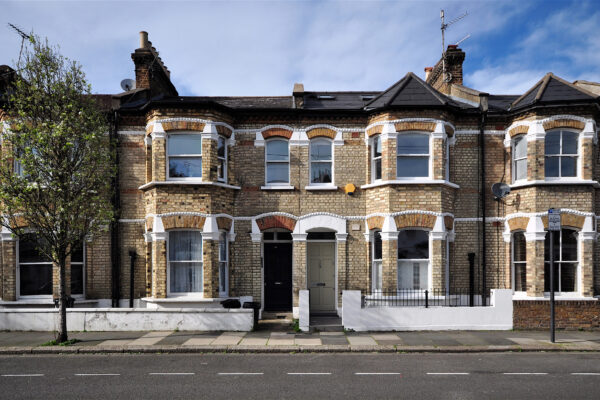Buy tickets now
East Tower Apartments Limited v No.1 West India Quay Residential Limited LON/00BG/LSC/2014/0329

Summary
The long-running saga of East Tower Apartments Limited v No.1 West India Quay Residential Limited continues.
The landlord has been given permission to appeal to the Upper Tribunal on the issue of whether a demand under Section 20B(1) must be a contractually valid demand. If the landlord is successful, this will likely require the Upper Tribunal to find that Brent London Borough Council v Schulem B Association Ltd [2011] 1 WLR 3014 was wrongly decided.
Facts
The landlord and tenant in this dispute have a long history of litigating the service charges payable for the 33-storey block, which includes a large hotel and 158 flats let on long leases.
Most of the issues in dispute between the parties on this occasion were largely fact specific, and not of general application or particular note. However, an interesting point of law was raised in respect of some utility bills for the period 2008 to 2012.
Those demands were originally made on a fixed sum, flat-by-flat basis pursuant to a clause in the residential leases falling outside the general service charge machinery.
The Upper Tribunal previously found in December 2016 that these utilities were not in fact contractually recoverable under that clause but would instead be recoverable pursuant to the general service charge machinery.
The landlord responded to this by re-apportioning and re-allocating those demands as a proportionate charge to the leaseholders under the general service charge machinery. In doing so, the landlord did not re-demand the utilities.
The landlord argued that there was no need to re-demand these sums under the general service charge machinery, as the liability to pay those sums already existed under the leases.
However, it followed from the decision of the Upper Tribunal that those sums had not been contractually validly demanded that a new issue arose as to whether those service charges were now irrecoverable by virtue of Section 20B(1) of the Landlord and Tenant Act 1985.
Issues
Whether sums that are in principle recoverable under a lease’s service charge provisions, and have previously been demanded invalidly under the contract, have been demanded for the purposes of Section 20B(1).
The tenant’s position was that a “demand” under Section 20B(1) must be a reference to a valid demand under the relevant contractual provisions. This position was drawn from Morgan J’s judgment in Brent LBC v Schulem at [53]:
“The reference to a demand in section 20B(1) presupposes that there had been a valid demand for payment of the service charge under the relevant contractual provisions. In this case, I have held that the letter of 23 February 2006 was not a valid demand for service charge under clause 2(6) of the leases. It follows that it was not “a demand for payment of the service charge” within section 20B(1).”
The landlord argued that Morgan J was wrong, if he truly decided that a “demand” under Section 20B(1) must be a contractually valid demand, as this adds an unjustified gloss on the wording of the statute.
In any event, the landlord submitted that the costs summary sent out to the tenants each year, which allegedly included heads of cost encompassing these utilities, satisfied Section 20B(2).
First instance
The FTT found that it was bound by Brent LBC v Schulem, having no option but to follow the decision. A demand for the purposes of Section 20B(1) is a contractually valid demand.
The FTT went on to decide that the landlord had not proven on the balance of probabilities that the costs summaries sent out to the tenants each year did in fact include the utilities previously demanded invalidly.
It is understood that the landlord has been given permission to appeal on the issue of the proper interpretation of Section 20B(1).
This content is provided free of charge for information purposes only. It does not constitute legal advice and should not be relied on as such. No responsibility for the accuracy and/or correctness of the information and commentary set out in the article, or for any consequences of relying on it, is assumed or accepted by any member of Tanfield or by Tanfield as a whole.






